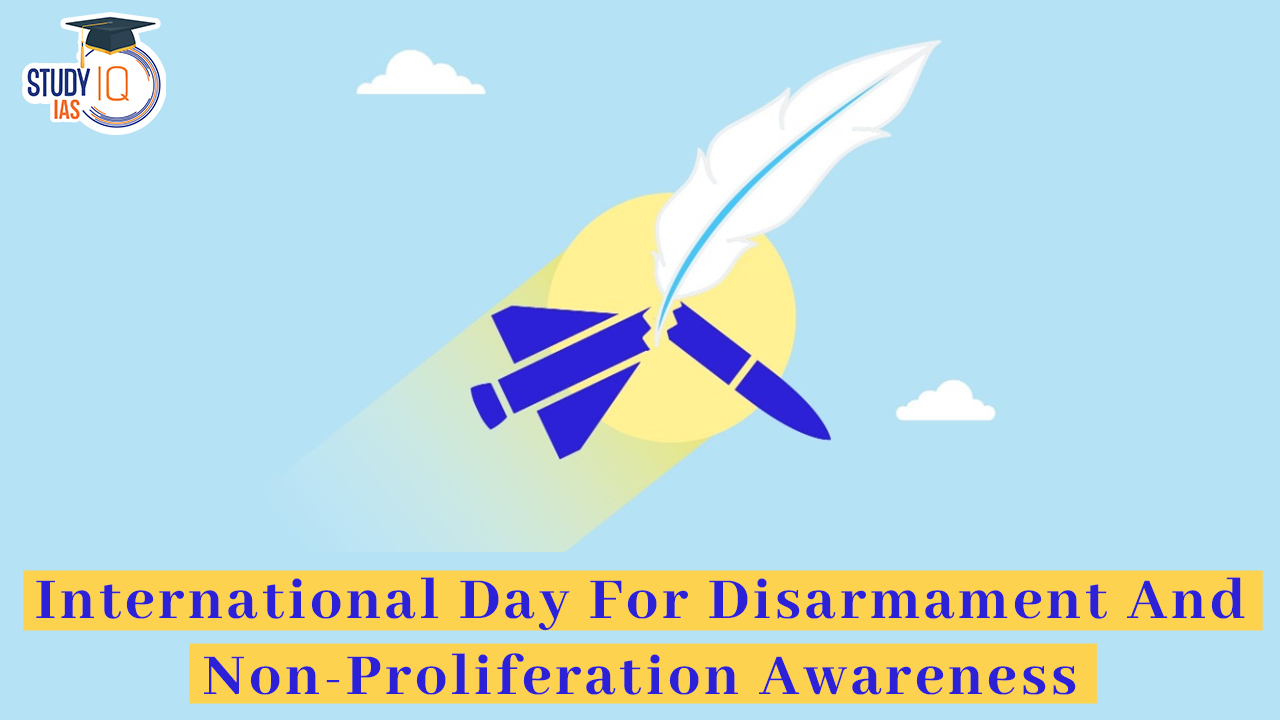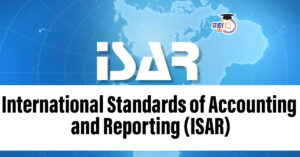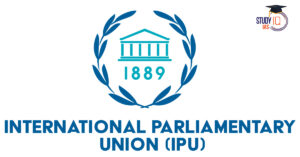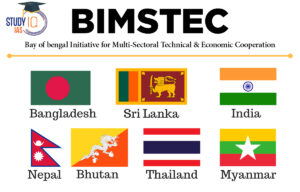Table of Contents
On March 5th, 2024, as the world observes the International Day for Disarmament and Non-Proliferation Awareness, it is imperative to reflect on the critical importance of global cooperation in promoting peace and security. In this article, we delve into the multifaceted dimensions of disarmament and non-proliferation efforts, addressing their historical significance, contemporary challenges, and the way forward.
International Day For Disarmament And Non-Proliferation Awareness 2024
| Aspect | Details |
| Date | March 5th, 2024 |
| Purpose | To raise awareness about the dangers of weapons of mass destruction and the importance of disarmament and non-proliferation. |
| History | First observed on March 5, 2023. Proclaimed by the United Nations General Assembly (UNGA) on December 7, 2022. |
| Definitions | Disarmament: Elimination of all Weapons of Mass Destruction (WMD) and reduction of armed forces and conventional armaments.
Non-Proliferation: Limiting the production and spread of nuclear or chemical weapons. |
| Goals | Raise awareness about WMD dangers and disarmament importance.
Promote education on disarmament and non-proliferation. Encourage action to reduce weapon threat and promote peace. |
International Day For Disarmament And Non-Proliferation Awareness 2024 Objective
- Raise global awareness about the grave dangers posed by weapons of mass destruction (WMDs).
- Promote initiatives aimed at disarmament and non-proliferation to enhance global security.
- Educate the public, particularly youth, about the importance of addressing disarmament issues.
- Encourage collective action to reduce the proliferation of WMDs and promote peace.
- Highlight the historical significance of disarmament efforts and their role in preventing catastrophic conflicts.
- Advocate for diplomatic engagements and multilateral cooperation to address disarmament challenges effectively.
- Mobilize grassroots support for peace-building initiatives and arms control agreements.
- Urge world leaders to prioritize peace-building efforts and allocate resources towards sustainable development goals.
We’re now on WhatsApp. Click to Join
Historical Context
- The Legacy of Warfare: Reflecting on the devastating toll of armed conflicts throughout history, from the use of chemical weapons in World War I to the nuclear bombings of Hiroshima and Nagasaki during World War II.
- The Cold War Era: Examining the intense arms race and geopolitical tensions between major powers, which underscored the urgent need for disarmament and arms control measures.
- The Post-Cold War Landscape: Analyzing the evolving nature of conflicts in a multi-polar world and the continued relevance of disarmament efforts in mitigating global security threats.
Contemporary Challenges and Risks
In today’s multi-polar world, characterized by regional rivalries and geopolitical tensions, the specter of conflict persists. The proliferation of advanced weapons systems and escalating military expenditures exacerbates the risk of armed confrontations with catastrophic consequences. Civil wars and conflict zones underscore the urgent need for concerted efforts towards disarmament and peace-building.
Challenges to Disarmament
Addressing the challenges to disarmament requires navigating geopolitical rivalries, vested interests, and the reluctance of nuclear-armed states to relinquish their arsenals. The discriminatory nature of existing treaties perpetuates inequities in global security arrangements. While progress has been made in reducing nuclear stockpiles, much remains to be done to achieve a world free from the threat of nuclear annihilation.
Way Forward
- Diplomatic Initiatives: Advocating for enhanced diplomatic engagement and multilateral cooperation to address disarmament challenges, with a focus on confidence-building measures and arms control agreements.
- Public Awareness Campaigns: Emphasizing the importance of raising public awareness about the dangers of weapons of mass destruction and mobilizing grassroots support for peace-building initiatives.
- Global Leadership: Calling upon world leaders to prioritize peace-building efforts over military adventurism and allocate resources towards sustainable development goals.
Conclusion
On this International Day for Disarmament and Non-Proliferation Awareness, let us reaffirm our commitment to the noble ideals of peace, security, and disarmament. Together, let us strive towards a world where the threat of weapons of mass destruction is but a distant memory, and where diplomacy and dialogue prevail over conflict and violence. Through collective action and unwavering resolve, we can build a more peaceful and prosperous future for generations to come.


 International Standards of Accounting an...
International Standards of Accounting an...
 150th Summit of Inter-Parliamentary Unio...
150th Summit of Inter-Parliamentary Unio...
 BIMSTEC Countries 2025, Area of Cooperat...
BIMSTEC Countries 2025, Area of Cooperat...





















